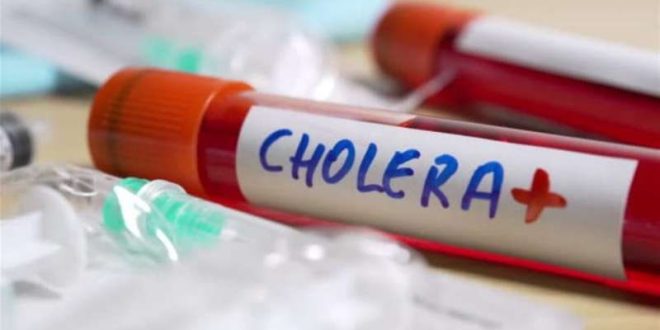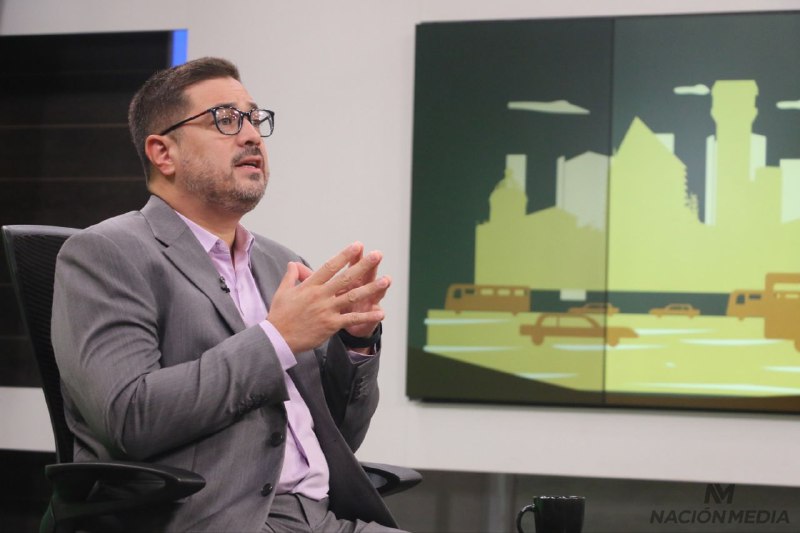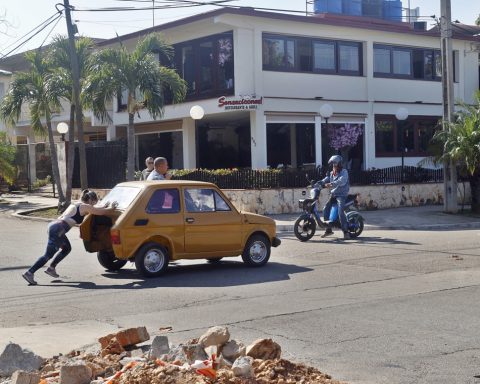Saving energy will always bring benefits for users and for the environment. And in this context, the General Directorate of Energy Efficiency (DGEE) of the Ministry of Energy and Mines offers a series of simple and easy-to-adopt recommendations to avoid energy waste.
The first recommendation has to do with summer and the use of air conditioning equipment.
“Air conditioning equipment, most commonly used in shopping centers, state and private institutions, mainly, must be regulated at temperatures between 24 °C and 26 °C, since at lower temperatures the cost of energy consumption will increase and it will be reflected in the monthly payment receipt”, highlights the DGEE.
To optimize the operation of the air conditioning equipment, the filters must be cleaned at least twice a year, this will prevent it from affecting its performance and greater energy consumption. It is also suggested to close doors and windows during use to maintain the desired temperature in the environment.
HOME SAVINGS
Regarding the efficient use of the refrigerator, it is recommended to locate it out of the reach of heat sources, including sunlight, as it impairs its operation. You must also regulate the thermostat and check that the door closes hermetically and not open it at all times.
The fan, another of the traditional devices most used during the summer, can drop the temperature by up to four or five degrees and its energy consumption is very low compared to other equipment used to cool an environment.
Another ally of saving energy is natural light, since it allows lighting and embellishing many spaces in our homes or workplaces, avoiding the unnecessary use of lighting equipment.
It is also suggested to use glass in the doors so that the sunlight illuminates a dark environment. In addition, the walls and ceilings should be painted with light colors, neutral and yellow tones, as it improves the lighting in these spaces.
Finally, the DGEE recommends practicing good habits, such as turning off equipment when not in use, maintaining equipment to avoid power loss, and checking overloaded switches and outlets in poor condition.

















